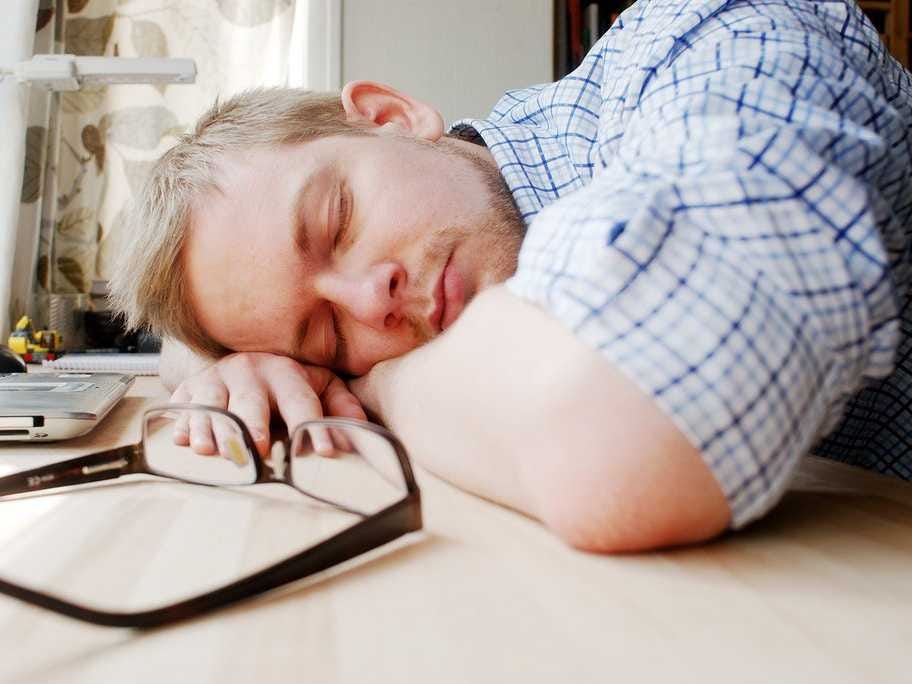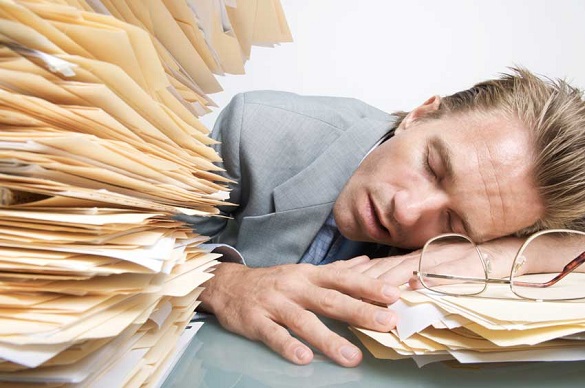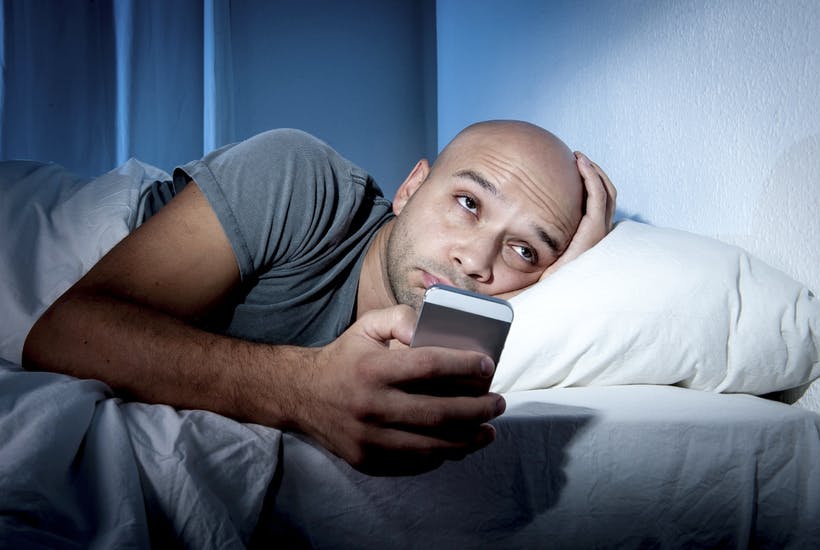A study investigated the consequences of going to bed two hours later than normal however getting up at the same old time. It found that individuals not only became a lot more impulsive and vulnerable to mistakes the subsequent day but also experienced a flattening of normally pleasurable feelings. Missing out on a good night’s sleep could be a well-known reason for cognitive and emotional issues and making individuals more accident-prone the following day.
Over longer periods, sleep deprivation is related to worse mental and physical health. The National Sleep Foundation in the united states recommends that teenagers get 8–10 hours of sleep a night and that adults below 65 years old get 7–9 hours. However, nearly one-third of adults who responded to the 2012 National Health Interview Survey rumored that they slept below 6 hours a night.

Most analysis into the cognitive and emotional effects of sleep deprivation involves volunteers spending many nights within the unfamiliar surroundings of a sleep laboratory.
Psychologists in Norway needed to research the effects under more natural circumstances, whereas individuals were at home and sleeping in their own beds.
They discovered that less sleep led the participants to feel worse the following day, however not in the sense of feeling down or depressed. Rather, they experienced fewer positive emotions.

The psychologists say that their findings indicate that staying up late on work or college nights may impair people’s ability to manage stress and negative life events.
“We already apprehend that fewer positive emotions have a significant impact on mental health,” says Saksvik-Lehouillier. “We additionally know that poor sleep is included in just about all psychological state diagnoses.” After getting less sleep than normal, study participants additionally behaved more impulsively and were more liable to make mistakes on a typical test.


